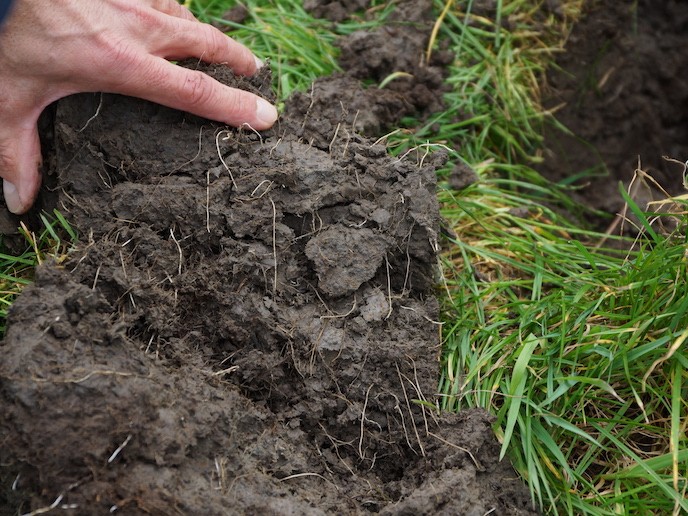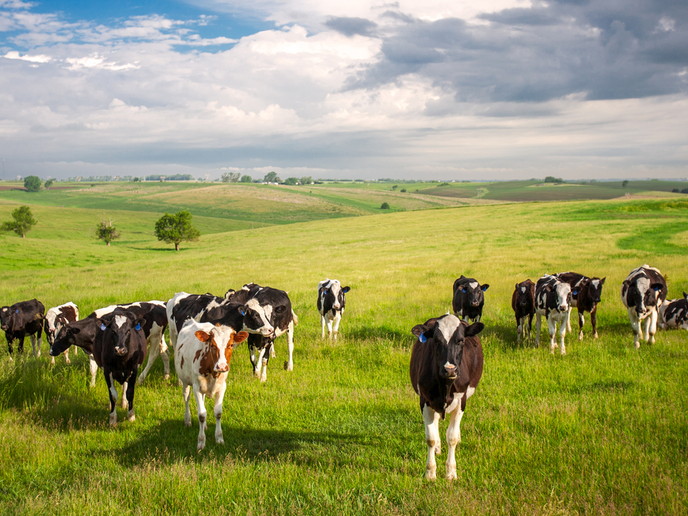New goat breeding strategies developed
Goat breeders in the EU face a growing demand for goat milk products, coupled with new, stricter legislation. Until now, conventional goat breeding has relied on hormones called progestagens to improve the efficiency of artificial insemination (AI).The EU-funded 'Hormone-free non-seasonal or seasonal goat reproduction for a sustainable European goat-milk market' (FLOCK-REPROD)(opens in new window) project aimed to address this situation by developing novel progestagen-free strategies. The project focused on the 11 most common goat breeds in 7 EU countries.Researchers investigated the influence of male presence and photoperiod (amount of light in a day) on female ovulation in various breeds and at different times of year. In addition, female diets were studied for improved ovulation.Three new AI protocols were developed using the information gathered. Two of these used a non-restricted hormone (prostaglandin), while the third was a hormone-free protocol developed specifically for organic farmers.The protocols were tested and validated on several farms around the EU. Several events were then held and a training manual and video were developed to improve dissemination of these strategies to farmers.





